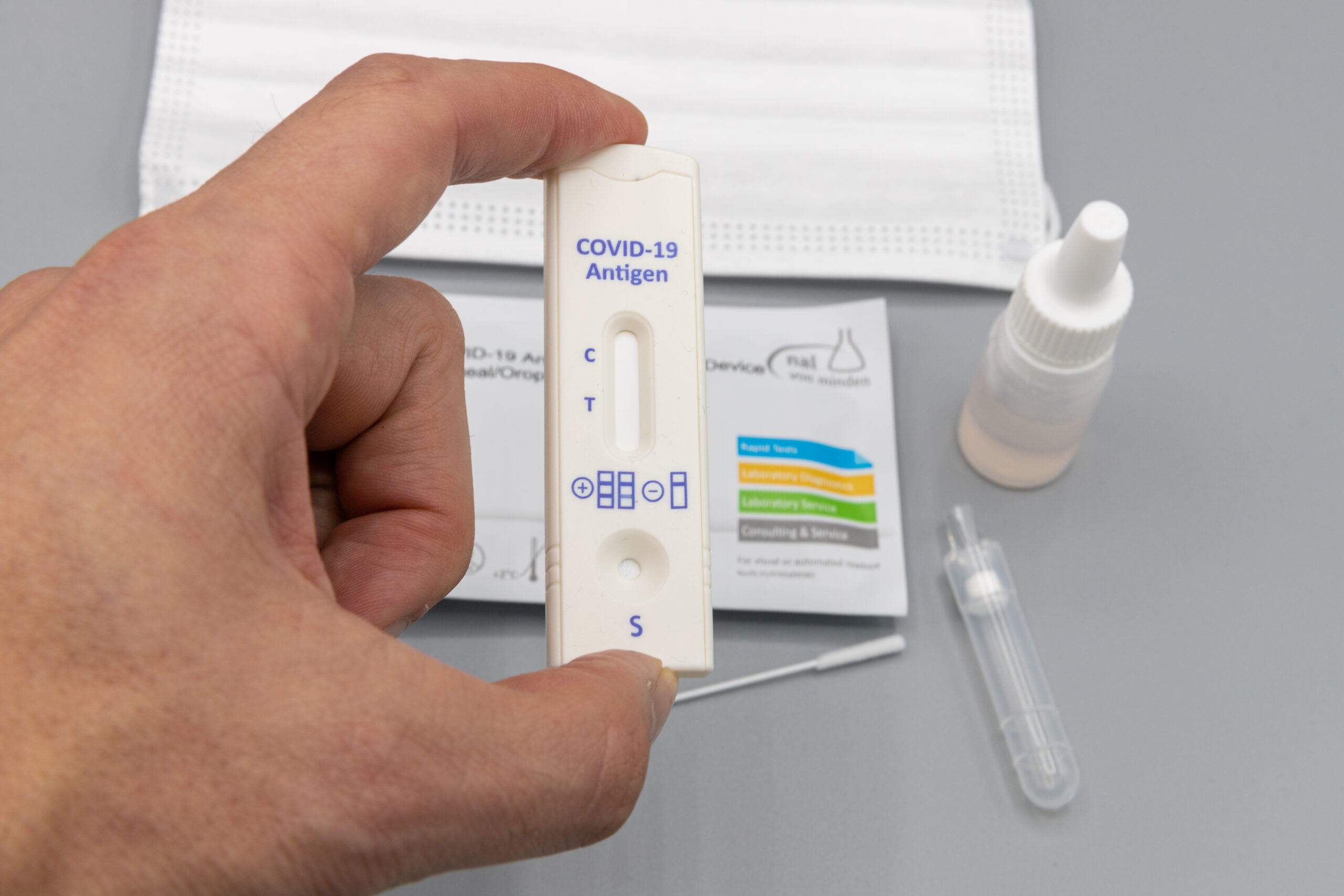The dairy industry faces significant challenges due to infections by bacteriophages, viruses that infect and destroy the bacteria essential for dairy production. These viruses disrupt crucial bacterial processes, leading to global production losses of up to 10%, equating to approximately €30.000 million in financial losses. Bacteriophages can quickly spread and impact large volumes of production, causing incomplete fermentation, loss of bacterial cultures, and low-quality products, often resulting in entire batches of dairy products being discarded.
Current detection methods for bacteriophages require biochemical and microbiological laboratories, implying several limitations such as the need for specialized infrastructure and advanced lab equipment, the necessity for highly trained personnel, and a slow process of sending samples to labs, analyzing them, and obtaining results. These factors delay the identification and management of bacteriophage outbreaks, exacerbating economic losses and production.
Researchers from the Severo Ochoa Molecular Biology Center (CBMSO) are developing Phage-Phi, a portable detection kit facilitating straightforward and swift identification of bacteriophages.
This new technology introduces a portable detection kit that employs DNA amplification. Thanks to a solution included in the kit, when a reaction occurs, indicates the presence of bacteriophages. The process is isothermal functioning at 37°C, which allows for a much faster reaction.
Benefits:
- In Situ Testing: It can be used directly on site, eliminating the need for sample transportation and specialized equipment.
- Efficiency: With in situ analysis, taking only two hours, the Phage-Phi kit significantly reduces the time required compared to other available technologies, thereby enhancing efficiency and lowering costs.
- Easy handling: Designed to be used by non-specialized personnel.
- Targeted Detection: The technology allows for the specific detection of bacteriophages, ensuring accurate results.
- Isothermal Process: The isothermal nature of the process enables the kit to function at 37°C, significantly speeding up the reaction.

Phage-Phi won the Pitch Competition of the CSIC EBTon project. The invention is supported by a patent application (EP23382282.4). The effectiveness of the amplification technology in the dairy industry is being validated in the laboratory. The current focus is on developing the hardware for the detection kit.
The represented research group is looking for commercial feedback on their project and the technology mentioned. Additionally, the research team is actively seeking a potential partner to evaluate the applicability of their development.
Institution: Severo Ochoa Molecular Biology Center (CBMSO)
TRL: 4
Protection status: Patent application
Financed: Pitch Competition of the CSIC EBTon Project Grant
Contact: Ana Carlota de la Cruz / a.cruz@viromii.com

